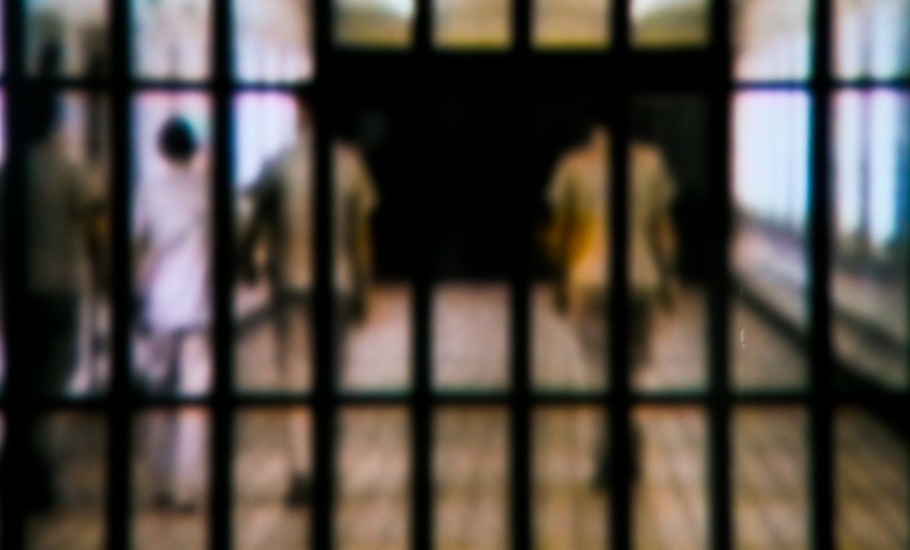
To decongest jails, SC asks not to arrest accused unless necessary
The Supreme Court on Saturday (May 8) has directed the police not to arrest accused in crimes that will not invite less than seven years of imprisonment, and asked jail authorities to provide adequate medical facilities to inmates and enable measures to prevent a COVID-19 outbreak in jails.

The Supreme Court on Saturday (May 8) has directed the police not to arrest accused in crimes that will not invite less than seven years of imprisonment, and asked jail authorities to provide adequate medical facilities to inmates and enable measures to prevent a COVID-19 outbreak in jails.
The Supreme Court (SC) has also asked the high-powered committees, which were formed by state governments and Union Territories, to quickly identify and release the vulnerable categories of prisoners to decongest prisons, said an India Today report.
On March 23 last year, the apex court had asked states and UTs to establish high-level committees to enable the release of interim bail prisoners, inmates on parole and under-trials for offences not more than seven years, in order to free up the overcrowded jails and reduce the chances of prisoners contracting the virus. Moreover, social distancing norms become difficult when jails are operating at more than their maximum capacity.
Also read:Nearly 3,500 Tihar prisoners released to decongest jail ‘missing’
This SC order then comes in the wake of suggestions put forward by the high-powered committee headed by Justice Vipin Sanghi. The committee had suggested that prisoners needed to be released on a 90-day interim bail or on an eight week parole because of the “alarming” and “threatening” situation of the pandemic in the national capital.
According to the committee, the Right to Life under Article 21 is the most precious fundamental right of every citizen of India, and it “unconditionally embraces even an undertrial/convict walled off from the society.” And, went on to spell out the criteria to release around 4,000 undertrial prisoners (UTPs) on interim bail for 90 days.
On Saturday, the SC has further directed that prisoners who were granted parole last year should again be sent off on a 90-day furlough. Besides considering new set of prisoners to be released, they should also release all the inmates who had been released earlier in March 23, 2020. Similarly, the same set of prisoners can be set free by imposing appropriate conditions to save valuable time, the court said.
Also read: Kerala mulls releasing more prisoners as it fights second COVID wave
In the order, the SC observed that the overcrowding in jail is not limited to India and is a global phenomenon. But, India needed to take effective steps to prevent the outbreak of COVID-19 inside jails. Social distancing norms could only be followed inside prisons if certain class/categories of prisoners who can once again be released on interim bails/paroles are identified on an urgent basis.
The SC also said prisoners and jail staff should do regular COVID-19 testing, improve daily levels of hygiene and sanitation and undertake suitable precautions to avoid the virus from spreading. The court also asked that if some inmates did not want to be released due to their socio-economic condition in extraordinary situations that should also be taken into consideration.
The court also emphasised that the country has over four lakh prisoners and that some prisons were already housing inmates beyond their optimal capacity. Hence, the need for decongestion is a matter that concerns “health and right to life” of both the prison inmates and the police personnel working in the jails.

